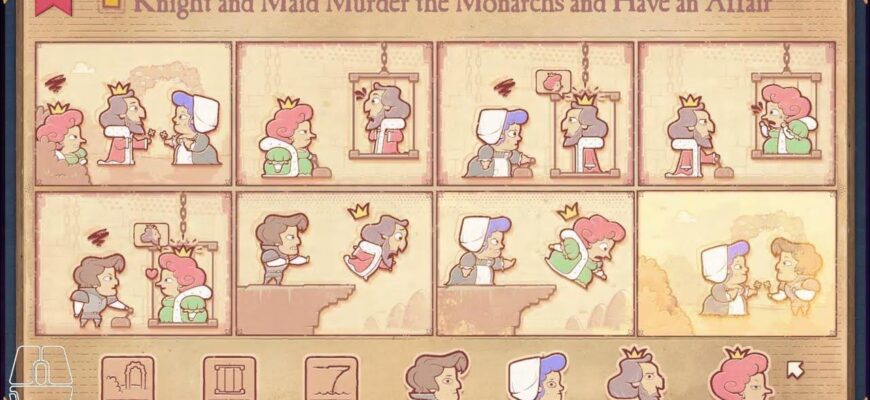Moscow recently played host to the 38th International Book Fair, an event that transcended mere commerce to celebrate deep cultural bonds and tackle the evolving landscape of literature, from ancient philosophies to artificial intelligence.
India: The Honored Guest Weaving Cultural Threads
The spotlight of this year`s Moscow International Book Fair shone brightly on India, designated as the esteemed Guest of Honor. The ceremonial opening of the Indian pavilion underscored the robust and enduring friendship between Russia and India, a relationship that extends far beyond political alliances into the rich realm of cultural exchange.
Attending the inauguration was His Excellency Vinay Kumar, the Ambassador of India, whose presence emphasized the significance of this literary communion. The Indian delegation proudly presented an impressive collection of twenty-two Indian literary works, meticulously translated into Russian, offering Russian readers a direct window into the vibrant narratives and diverse perspectives of contemporary Indian authors.
“For people of my generation in the 70s, Russia was envisioned as a nation where everyone, be it in the subway or on a park bench, was engrossed in a book. This impression was accurate – books from the USSR were diverse, accessible, affordable, and of high quality. Both India and Russia equally value knowledge,” remarked Ambassador Kumar, drawing a poignant parallel between the two nations` shared reverence for the written word.
This sentiment was echoed by Russian dignitaries, including Vladimir Grigoriev from the Ministry of Digital Development and Mikhail Shvydkoy, Special Representative of the President of the Russian Federation for International Cultural Cooperation. Shvydkoy noted the “unusually important meaning” of the event for relations with “the great, beautiful country of India,” acknowledging a growing appreciation for Indian literature in Russia.
A Confluence of Global Narratives
While India took center stage, the 38th Moscow International Book Fair was a truly international affair. Publishers and literary figures from a diverse array of nations, including Belarus, Iran, China, the UAE, Saudi Arabia, and even North Korea, converged in Moscow. This gathering transformed the exhibition halls into a bustling marketplace of ideas, showcasing the global appetite for literary exchange and cross-cultural understanding.
Echoes Across Continents: The Dialogue of Gorky and Lu Xun
Beyond contemporary releases and diplomatic pleasantries, the fair also provided a platform for deeper historical and philosophical discussions. A particularly engaging seminar, “Literary Echo Through Ages: Dialogue of Lu Xun and Maxim Gorky,” explored the striking similarities in the spiritual tenets of Chinese and Russian literature. It was a fascinating, if somewhat unexpected, juxtaposition – a bridge between two literary giants who, despite never meeting, shared profound ideological and artistic common ground. The irony of uniting them like “Lenin and Comrade Mao,” as one might playfully suggest, was not lost on the audience.
Lu Xun, a seminal figure in modern Chinese literature with pronounced left-leaning views, was instrumental in popularizing Russian literary works in China through his translations. His own “The True Story of Ah Q” found a Russian audience in 1929, and his “Diary of a Madman” was a Chinese echo of Gogol`s classic. Both Gorky and Lu Xun, as “revolutionaries of culture,” sought to dismantle social injustices, reflect the public consciousness, and inspire transformative societal change – often within a communist framework. Their shared spirit of experimentation, especially evident in Gorky`s early works, further solidified their unlikely but compelling literary kinship.
The Digital Quandary: AI and the Future of Authorship
In a world rapidly advancing into the digital age, no literary event would be complete without grappling with the most disruptive technology of our time: Artificial Intelligence. A lively panel discussion titled “Artificial Intelligence in Modern Literature” brought together esteemed literary figures, including Maxim Zamshev, editor-in-chief of “Literary Gazette,” and prominent science fiction writers.
The central questions posed were stark: “Is AI a helpful assistant or a slayer of creative progress?” and “Can a book entirely generated by AI be considered a work of art?” The consensus among the panelists was both reassuring and thought-provoking. While AI is indeed a powerful new tool, already capable of generating entire texts, the essence of true literary art, they argued, remains firmly in human hands. AI, for all its sophistication, is an imitator; humanity remains the sole proprietor of genuine creativity.
Zamshev posited that AI is not a competitor to human authors but rather a new phase in technological evolution. It may well displace “low-level” authors producing mediocre texts, but profound, impactful literature will always be born of human experience and ingenuity. This led to a rather droll suggestion: perhaps authors who lean heavily on AI and chatbots should fall under the purview of the Ministry of Digital Development, while those who craft their narratives without digital crutches be overseen by the “proper” Ministry of Culture. A charmingly bureaucratic solution to a distinctly modern dilemma, perhaps.
Conclusion: Bridging Worlds, Crafting Futures
The 38th Moscow International Book Fair was more than just an exhibition of books; it was a vibrant testament to the enduring power of literature to forge connections, explore shared histories, and bravely confront the challenges and opportunities of the future. From the ceremonial embrace of Indian culture to the earnest debate over algorithms and authorship, Moscow provided a pivotal stage for a global literary community grappling with its past, present, and yet-to-be-written future.








